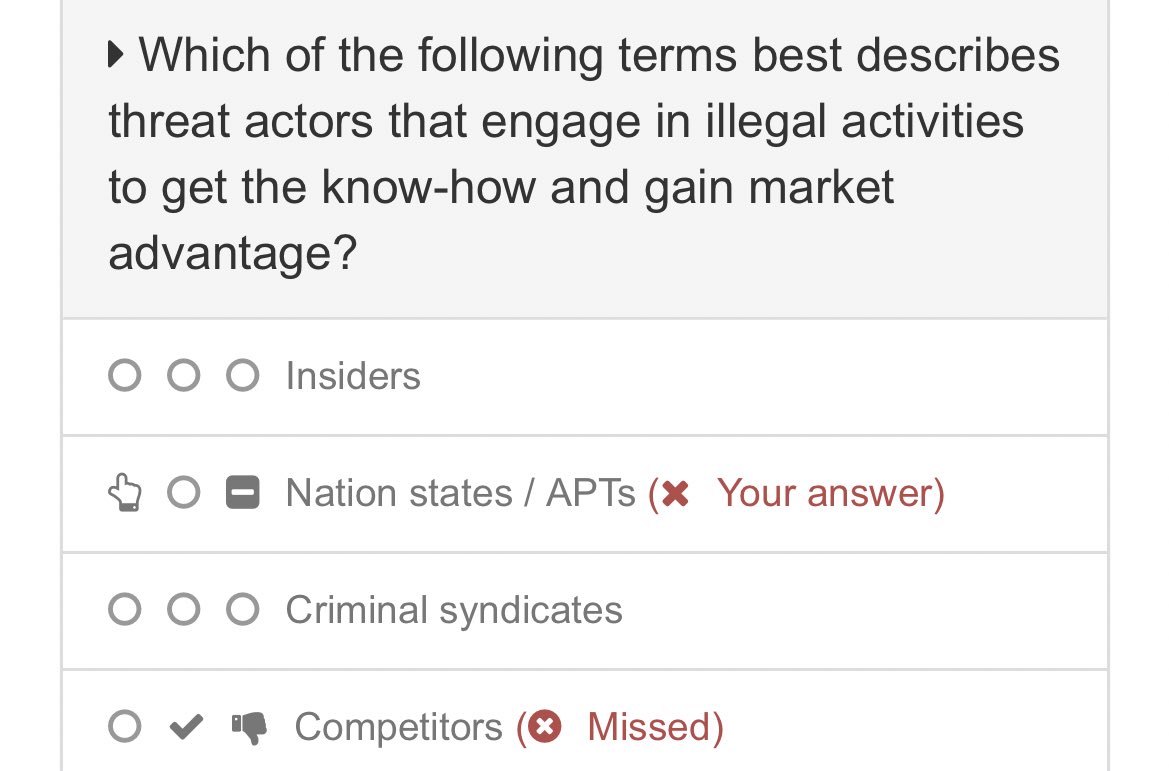
If you are junior IT in small to medium biz, isolated, caring about critical security issues you learn about daily as you expand your knowledge — I've been right the fuck exactly where you are. Years isolated, stewing in humiliation.
Here's what I learned the hardest way, alone:
Here's what I learned the hardest way, alone:
1.) It is naively admirable to identify yourself and take personal stake in security of your employer's network. It sounds like a way to establish personal investment in the success of a project.
But it's a false idol. Be passionate on aims, but not occlusive in career scope.
But it's a false idol. Be passionate on aims, but not occlusive in career scope.
Sidebar: Power is restraint.
Technical command of a subject – ability to speak authoritatively to others – is not itself correctness or effectiveness. Biting your tongue is not weakness.
It's strategy. Only you know your mind. Choosing not to strike rhetorically is discipline.
Technical command of a subject – ability to speak authoritatively to others – is not itself correctness or effectiveness. Biting your tongue is not weakness.
It's strategy. Only you know your mind. Choosing not to strike rhetorically is discipline.
There are innumerable professional situations where I could strike out and prostrate my knowledge and ability. It would be immensely satisfying.
But that is the language of rats pressing a button for pleasure. It is not command of organizational position.
But that is the language of rats pressing a button for pleasure. It is not command of organizational position.
• • •
Missing some Tweet in this thread? You can try to
force a refresh




